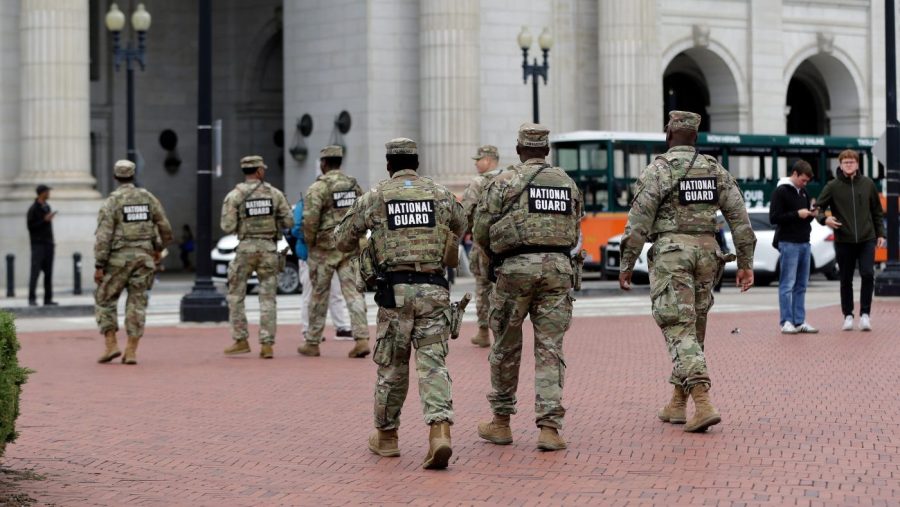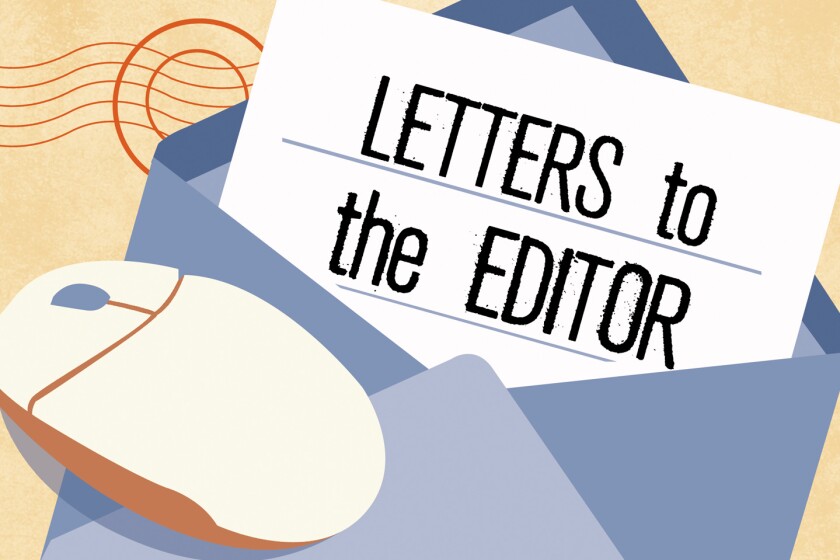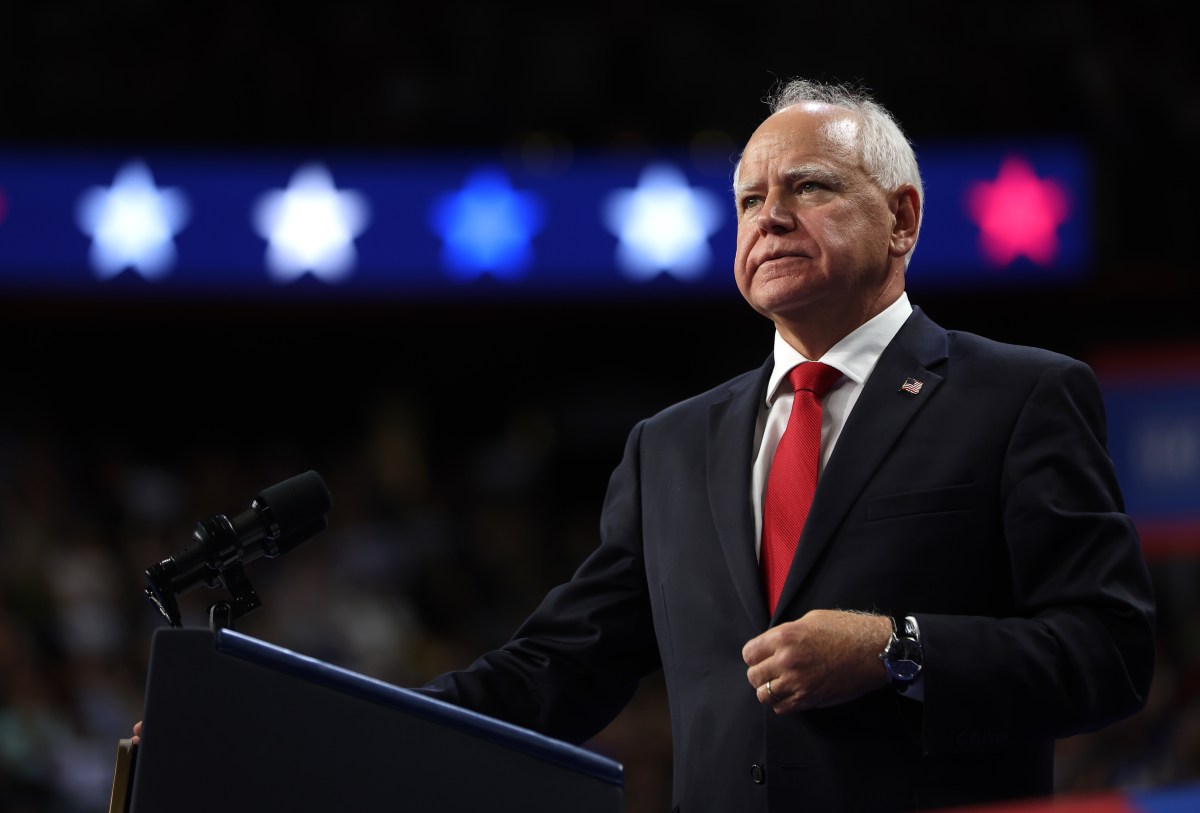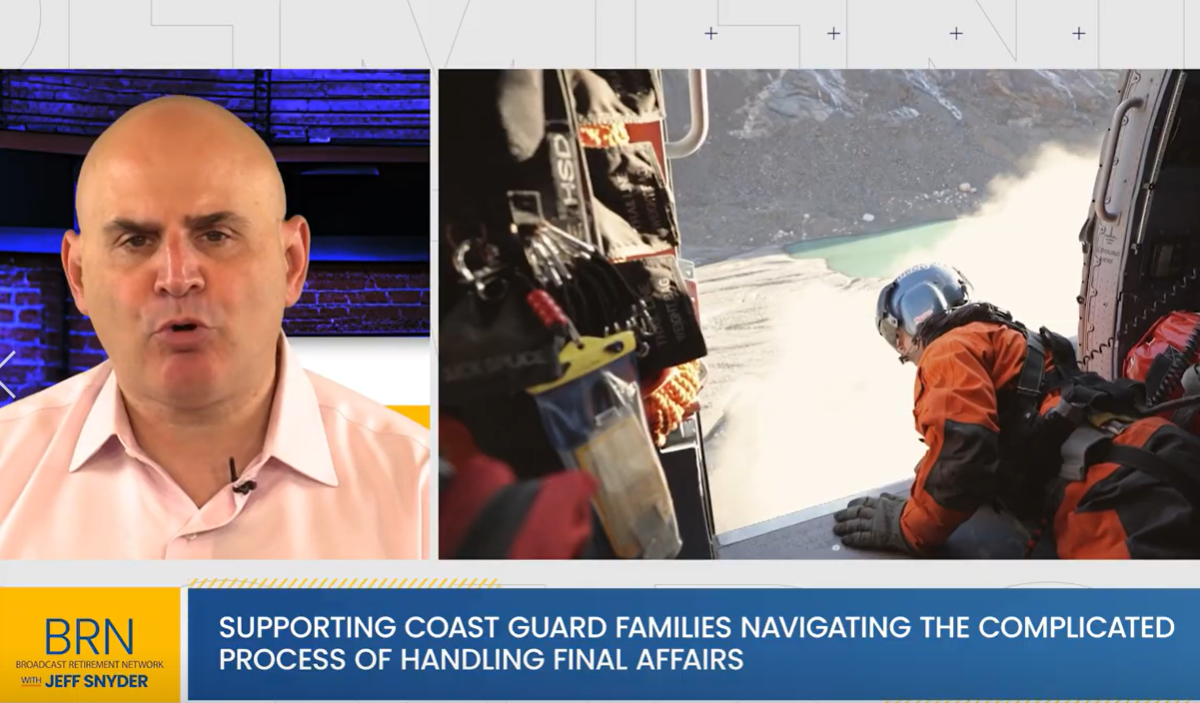The Pentagon has ordered the formation of a “quick reaction force” (QRF) comprising approximately 23,500 National Guard troops trained in crowd control and civil disturbance management. This initiative, detailed in a leaked memo dated October 8, 2023, aims to ensure rapid deployment capabilities to U.S. cities by early next year.
The memo, signed by the Director of the National Guard Bureau, outlines the strategic purpose of the QRF as a response mechanism to civil unrest and emergencies that may arise domestically. The troops will undergo specialized training to effectively manage large crowds and potentially volatile situations, reinforcing the government’s readiness to maintain order.
Details of the Deployment Plan
According to the memo, the QRF will be stationed across various states, enabling swift mobilization in response to specific incidents. The decision reflects a growing concern about civil disturbances, which have become more frequent in recent years. The National Guard has been increasingly utilized in domestic operations, responding to protests, natural disasters, and public safety emergencies.
The establishment of the QRF comes amid heightened scrutiny of law enforcement’s ability to manage public demonstrations and civil unrest. With training focused on de-escalation and crowd management, the initiative aims to equip troops with skills necessary for maintaining peace while respecting citizens’ rights.
Implications for National Security
This move is part of a broader strategy by the Pentagon to enhance domestic security operations. By creating a dedicated force capable of rapid response, the government seeks to reassure the public and local authorities that they can effectively handle civil unrest without overwhelming local law enforcement.
Critics argue that the militarization of the National Guard for domestic issues may lead to increased tensions between law enforcement and communities. Supporters, however, emphasize the necessity of having trained personnel ready to respond to emergencies, particularly in situations where public safety is at risk.
As the QRF develops, it will be crucial for the National Guard to build relationships with local communities and establish trust. Transparency in operations and a focus on community engagement will be essential to ensure the force is seen as a supportive presence rather than an occupying force.
The implementation of this plan is expected to unfold over the coming months, with further training and logistical arrangements being finalized. As early as 2024, these troops may be actively deployed, marking a significant evolution in how the U.S. approaches domestic civil disturbances.
This initiative underscores the Pentagon’s commitment to adapting to contemporary challenges in public safety and reflects a proactive stance towards maintaining order in an increasingly complex social landscape.







